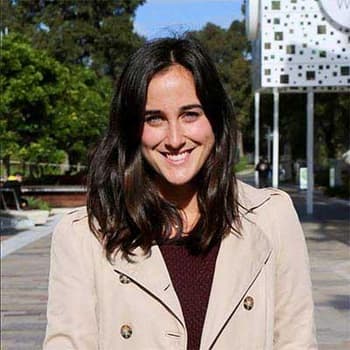While there is no single cure for OCD, treatment can significantly reduce symptoms and improve functioning. Learn about OCD treatments.
Obsessive compulsive disorder(OCD) is a mental health condition that includes recurring obsessive thoughts and the urge to perform repetitive behaviors. OCD can be a long-lasting, debilitating condition, and those who are diagnosed may wonder whether there is a cure for OCD.
While there is currently no cure for OCD, a number of researchers and psychiatrists are looking for a way to permanently manage symptoms so that people struggling with OCD can live their lives normally without distress.
Managing Chronic OCD
OCD is a long-lasting or chronic illness that can require ongoing management to minimize symptoms. Following a diagnosis of OCD, education is an important first step in managing obsessions and compulsions.
Strategies that help with managing OCD symptoms may be taught initially by a psychiatrist but can be implemented by a patient on their own. These can includebreaking the associationbetween certain things or situations and feelings of anxiety.
Treatment Can Be Life Changing. Reach out today.
Whether you are struggling with addiction, mental health or both, our expert team is here to guide you every step of the way. Don’t wait— reach out today to take the first step toward taking control of your life.
Using evidence-based strategies can help reduce the frequency and severity of symptoms and may even cause remission in OCD symptoms in some people.
OCD Treatment Options
There are differenttreatment optionsfor OCD that may suit some people better than others. Treating OCD and managing OCD symptoms is an ongoing process, and should be guided by evidence-based treatment strategies led by a trained professional.
- Cognitive Behavioral Therapy (CBT):CBTfor OCD encourages patients to use logic and reason to challenge irrational thoughts or behaviors. This type of therapy is common and effective in other types of anxiety-related disorders.
- Exposure and Response Prevention (ERP):Exposure therapyfor OCD aims to extinguish or ‘unlearn’ the fear or anxiety response related to objects or situations. Exposure and response prevention helps a person grow accustomed to whatever produces fear and anxiety-related symptoms.
- Medication:Medicationmay also be appropriate for treating OCD. Some types of antidepressants are effective in managing OCD symptoms, though people who do not respond to antidepressants may be prescribed antipsychotic medication for OCD.
Experimental Treatments and Research
Due to the debilitating and long lasting nature of OCD, research on effective OCD treatment is ongoing. Some experimental OCD treatments that have undergone clinical trials includedeep brain stimulation,online delivery of cognitive therapiesand new medications likeN-Acetyl Cysteine. These OCD studies are in the early stages or not widely available, but hold promise for effectively treating OCD symptoms.
Is a Future Cure Possible?
Ongoing research in the area of OCD means that there is possibility for new OCD treatments in the future. While a singular or simple cure for OCD is unlikely, there are many treatment options that can be used on their own or in combination to reduce or even eliminate the symptoms of OCD.
If you or someone you love is suffering from OCD and a co-occuring substance abuse disorder,contact The Recovery Villagetoday to discuss available treatment options.








